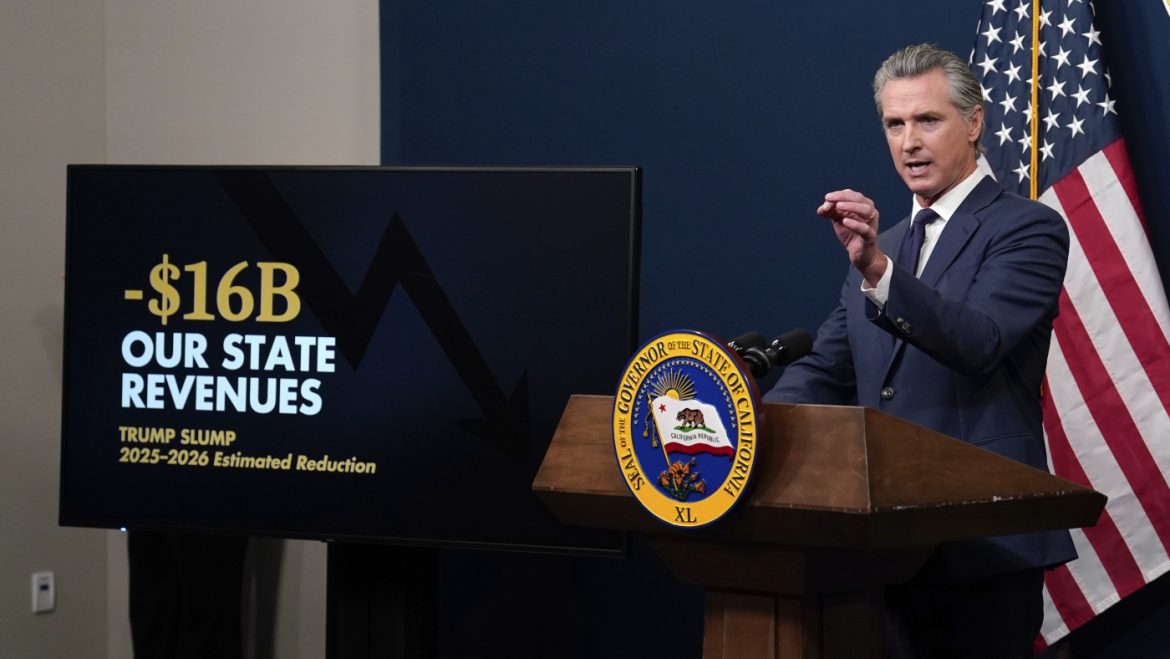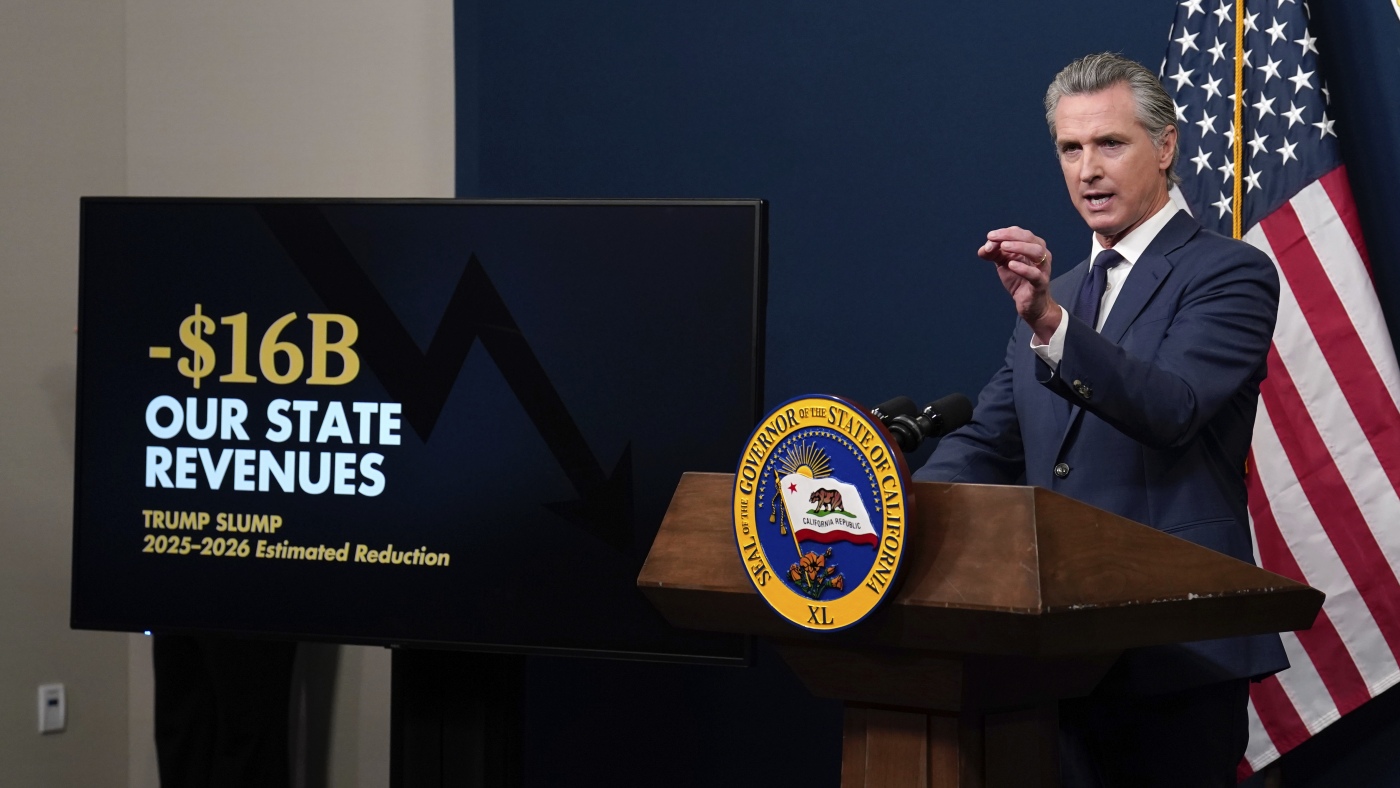Shifting Tides: Democratic Governors Roll Back Health Care for Undocumented Immigrants
Across multiple states led by Democratic governors, a notable reversal has emerged in policies regarding health care provision to undocumented immigrants. Where expansion and inclusion once marked the trajectory, significant curbbacks and freezes now reflect mounting financial pressures, heightened political challenges, and evolving public policy debates.
—
From Expansion to Retraction: The Changing Health Care Landscape
Initially, several Democratic-led states embraced more inclusive health policies, expanding Medicaid or state-funded health programs to cover undocumented immigrants. California’s Medi-Cal program, for example, extended coverage to millions without legal status, framing the effort as a step toward universal health care access. Other states like Minnesota deliberated expanding benefits similarly.
However, the durability of these expansions faces scrutiny amid looming massive budget deficits, economic strains amplified by various factors including the pandemic’s aftermath, and political pressures. California Governor Gavin Newsom’s recent proposal exemplifies this shift: he announced plans to freeze new Medi-Cal enrollment for undocumented adults and introduce cost-sharing measures such as monthly fees, signaling a stark departure from earlier universal health promises.
The potential savings are substantial; Newsom projects up to $6.5 billion in budget relief by the 2028-29 fiscal year through these cuts. Other states under Democratic leadership are also weighing reductions or freezes on health care benefits for unauthorized immigrants, casting doubt on the durability of past expansions.
—
Political and Fiscal Pressures Behind the Reversals
A confluence of factors fuels this retreat:
– Budget Deficits: States like California face multibillion-dollar deficits. Scaling back benefits to undocumented immigrants is seen by some policymakers as a pragmatic way to reduce expenditures.
– Federal Politics: Threats or changes at the federal level, such as shifts in Medicaid funding or judicial rulings blocking immigration-related health initiatives, inject uncertainty. For instance, a federal judge blocked the Biden administration’s rule aimed at allowing some undocumented immigrants access to Affordable Care Act marketplaces in multiple states.
– Political Contestation: Republican opposition intensifies around health coverage for undocumented immigrants, raising partisan battles and complicating state decision-making processes. Republican-led efforts seek to eliminate or restrict such benefits, sometimes causing bipartisan friction even within state governments.
– Policy Reevaluation: Some Democratic leaders confront difficult trade-offs between their inclusivity aspirations and fiscal realities. They face political pressure both from advocates supporting immigrant rights and those demanding prioritization of native-born citizens’ welfare.
Former HHS Secretary Xavier Becerra, himself a Democrat, has publicly rebuked efforts like Newsom’s proposal, expressing opposition to ending or scaling back immigrant health coverage.
—
Implications of Scaling Back Care for Undocumented Immigrants
Reducing access to health care among undocumented populations carries multiple social, health, and economic consequences:
– Public Health Concerns: Limiting access to preventive and chronic care for undocumented immigrants risks deteriorating community health outcomes, potentially increasing emergency room usage and communicable disease spread.
– Economic Impact on Families: Many undocumented immigrants are low-income and uninsured. Reduced access may increase health disparities, worsen hardships, and lead to adverse impacts on workforce participation and productivity.
– Political and Social Tensions: These cutbacks may exacerbate polarization around immigration issues, affecting community cohesion and triggering legal challenges.
—
Balancing Universal Health Care Goals with Realities
California’s trajectory crystallizes the dilemma: ambitious universal health care ideals meet hard fiscal constraints. The cutback proposals contrast sharply with the initial expansion ethos, revealing the tension between political rhetoric and budget management.
Meanwhile, national Democratic platforms have increasingly endorsed expanded health care coverage for undocumented immigrants, indicating a leftward policy shift. However, state-level reversals illustrate that implementation encounters formidable hurdles.
—
Conclusion: Navigating a Complex Crossroad
Democratic governors’ recent moves to curb health care benefits for undocumented immigrants reflect the complex intersection of budget realities, federal policy uncertainty, and political dynamics. While expanding access to health care universally remains a compelling vision for many advocates and leaders, the current fiscal constraints and political landscape compel recalibrations.
This policy pivot raises broader questions about how states will reconcile humanitarian and public health values with economic limitations, and how the pursuit of inclusive health coverage for all residents—including those without legal status—will evolve amid competing priorities and political challenges. The trajectory ahead demands nuanced, thoughtful dialogue and policymaking that carefully weighs the needs of diverse communities against the fiscal and political environment shaping state decisions.


